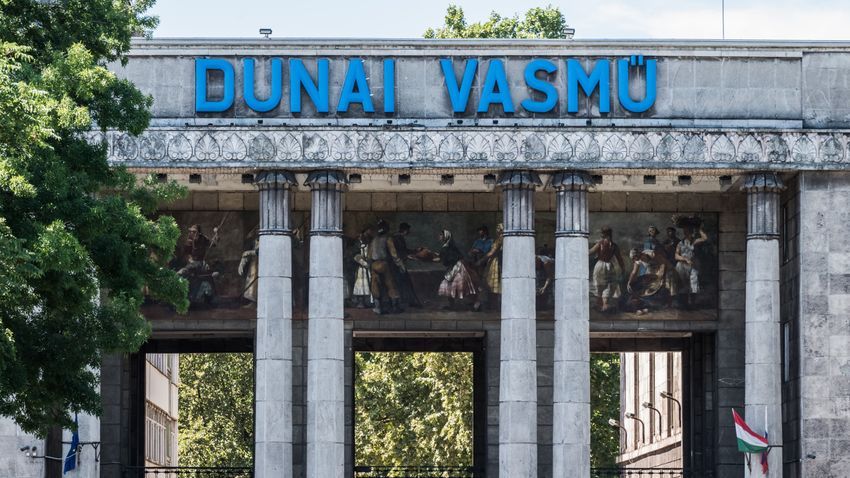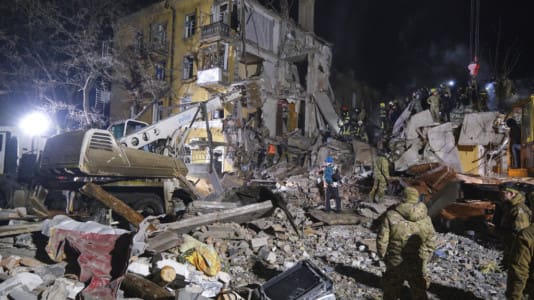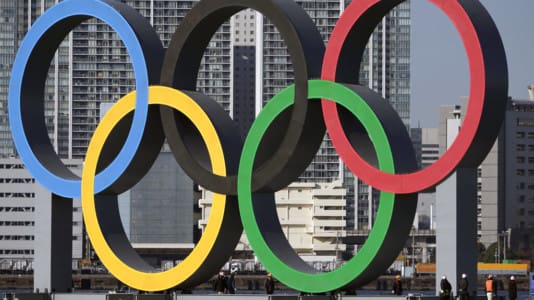The Hungarian state will again step in to save the embattled Soviet-era Dunaferr steelworks, Prime Minister Viktor Orbán announced following Wednesday’s cabinet meeting.
“It’s no use waiting for help from Brussels, only sanctions. The government will pay the wages of Dunaferr workers in the next six months,” Orbán announced. “We will protect jobs, we will protect Hungarian families,” he added.
In a Facebook video, the Hungarian prime minister said: “Today I met with the team led by my colleague Lajos Mészáros, a member of parliament from Dunaújváros, who has been working for many months now to save Dunaferr.
“Dunaferr has been ruined by its former owners, by its managers, and, finally, by the sanctions imposed by Brussels. Unfortunately, we have waited in vain for help from Brussels, but get only sanctions. Nothing else. At today’s Cabinet meeting, at the proposal of the honorable member, we decided the government will pay the wages of Dunaferr’s employees for the next six months.”
The government will provide around HUF 16 billion (€41 million) for this purpose.
A product of Hungary’s early Soviet-era industrialization, the country built a steelworks and adjacent town near the Danube River back in 1950, originally named Stalin Steelworks and Stalin City, which was changed to Danube Steel Works and Dunaújváros following Stalin’s death in 1953.
The privatization of the loss-making steelworks began in 2002, but a series of investors came and went, without much success in bringing back the foundry to profitable operations. Last December, the government issued a decree according to which the company was able to pay the wages of its workers despite being under receivership.
Currently, Dunaferr has no management, no board of directors, and both its large smelters have been idle since December when coal supplier Donau Brennstoffkontor Kft, the domestic daughter of the eponymous Austrian company DBK GmbH Wien, stopped its deliveries due to lack of payment.





